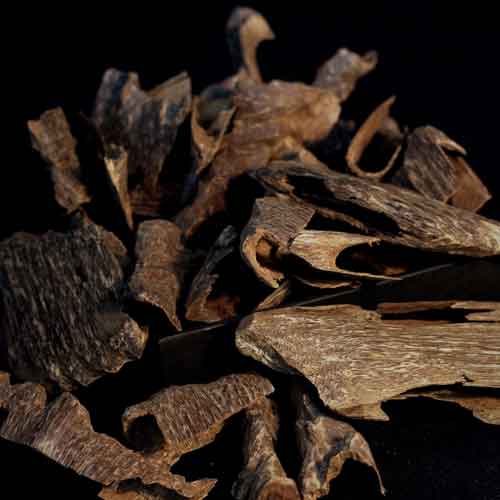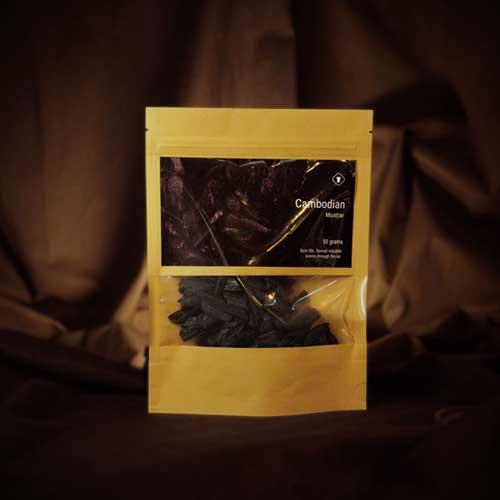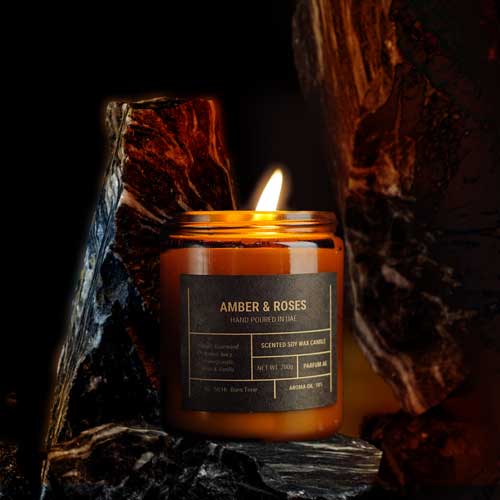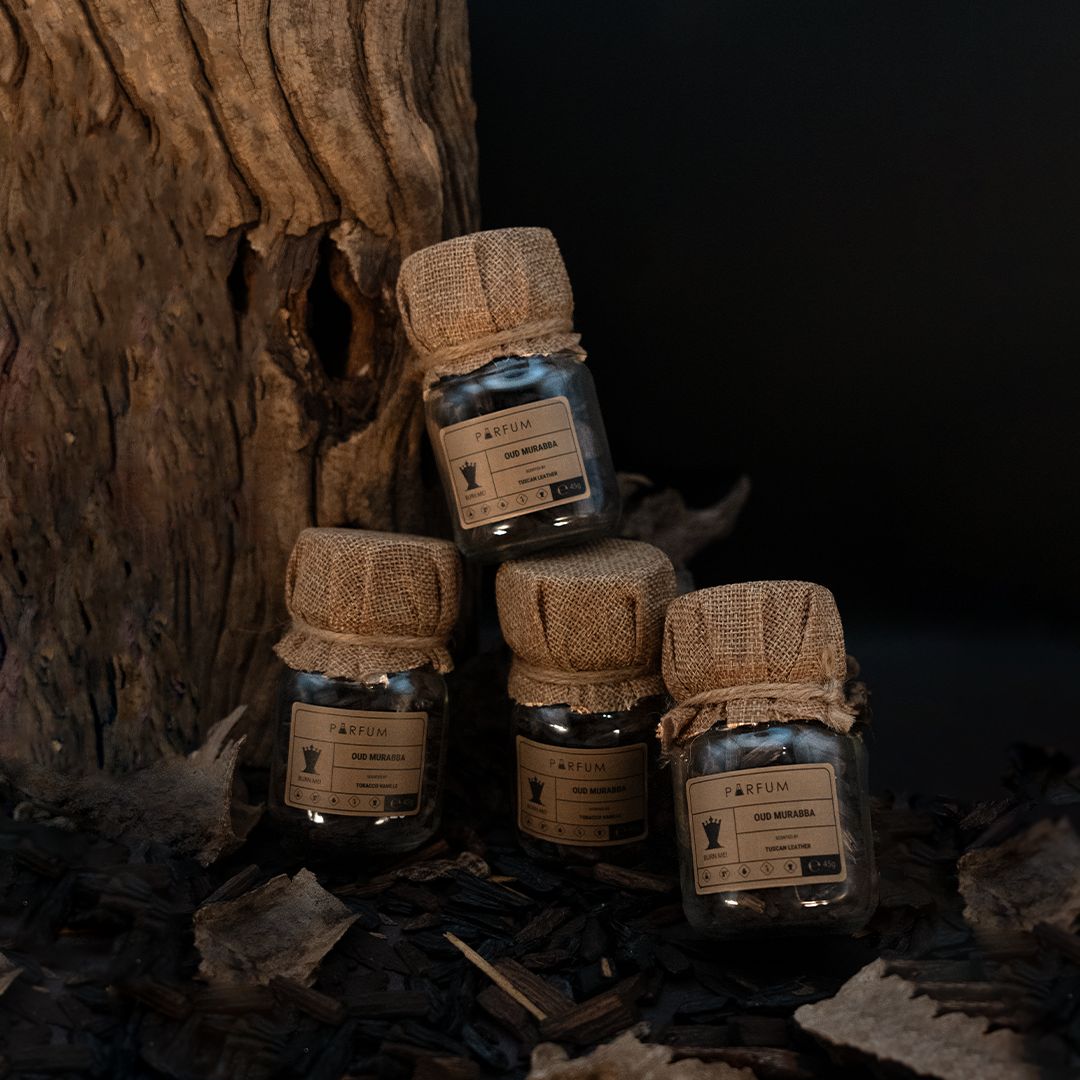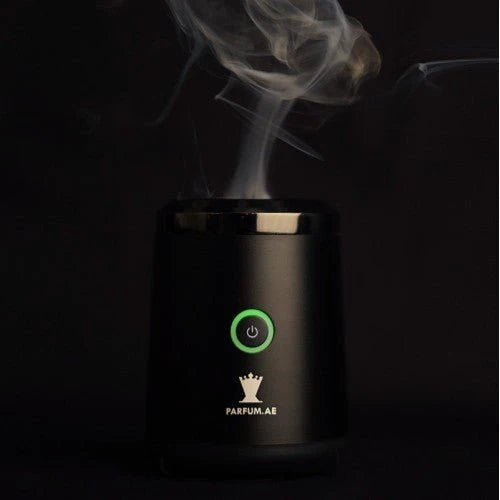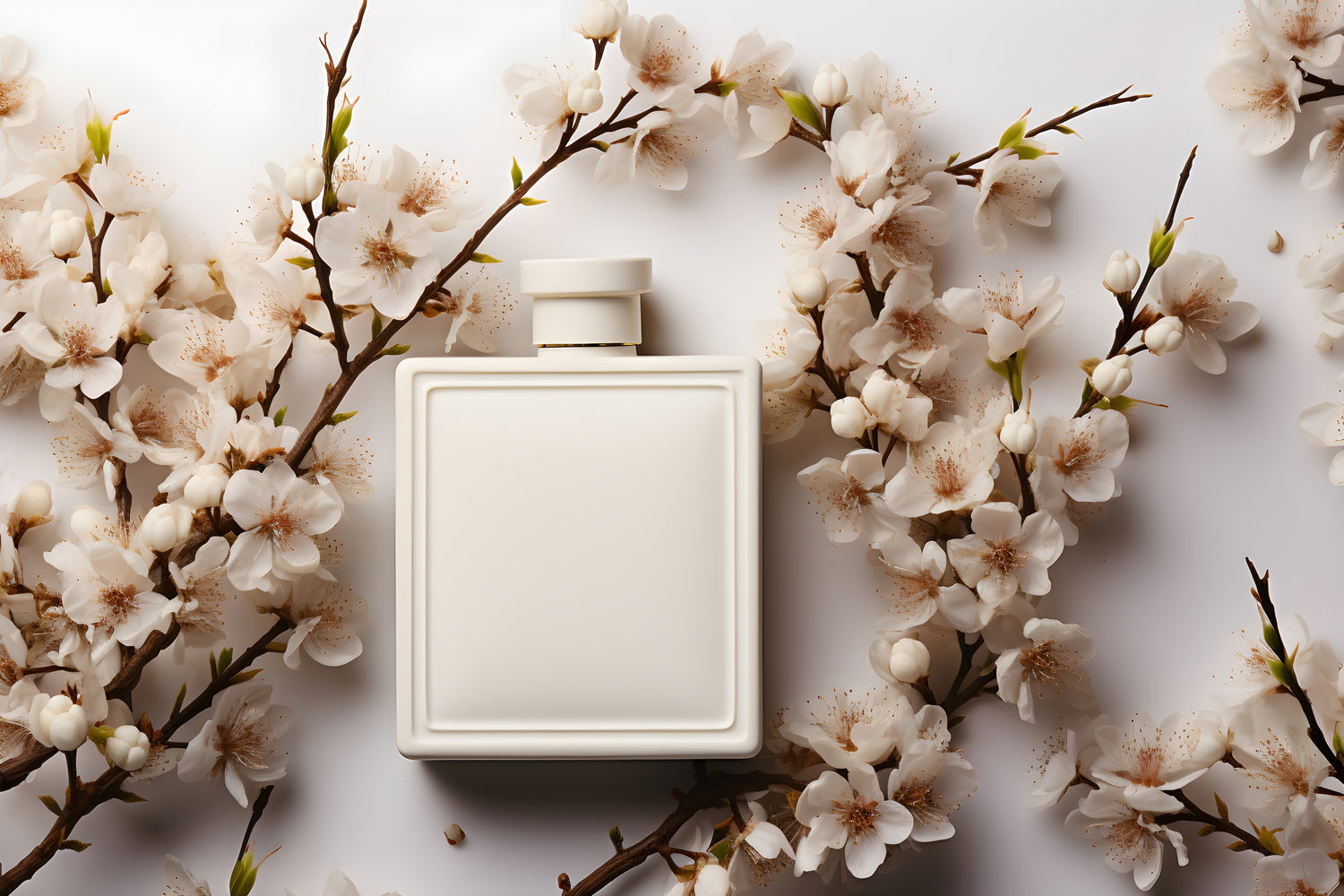How Climate Affects Your Perfume Choice
The fragrance you wear is an extension of your personality, but did you know that climate can significantly impact how your perfume smells and lasts? Choosing the right perfume for different weather conditions is essential for ensuring your scent complements the season and enhances your overall experience. Let’s explore how perfumes and climate interact and discover tips for selecting fragrances based on the season. Explore the wide range of seasonal perfumes and find your signature scent at Parfum.ae.

Why Climate Matters When Choosing a Fragrance
Perfumes are composed of various notes that react differently depending on the temperature and humidity. Warm weather can intensify lighter, fresher scents, while cooler climates enhance deeper, richer fragrances. Understanding the relationship between climate and perfume choice can help you find the perfect scent for every season.
Adapting Your Perfume Choice to Seasonal Changes
1. Spring Perfume Selection
Spring brings blooming flowers and a refreshing breeze, making it an ideal time to embrace light and floral fragrances. Scents with notes of rose, jasmine, and lily of the valley are excellent choices for this season.
Tips for Spring:- Opt for perfumes with a fresh and airy composition.
- Citrus-based fragrances also work well in mild weather.
- Avoid heavy, musky scents that can feel overwhelming.
2. Summer Perfumes and Climate
Hot temperatures amplify fragrances, making strong scents overly intense. Light and aquatic perfumes work best in summer, offering a refreshing and subtle touch.
Tips for Summer:- Choose perfumes with notes of bergamot, grapefruit, or mint.
- Look for water-based or alcohol-free formulas for a cooling effect.
- Avoid sweet or spicy fragrances that may become cloying in the heat.
- Marine-inspired fragrances
- Light citrus or fruity blends
3. Fall Seasonal Perfume Selection
As the weather cools and leaves change, earthy and woody fragrances become more appealing. Warm and comforting scents like amber, sandalwood, and vanilla create a cozy atmosphere.
Tips for Fall:- Transition to slightly heavier perfumes with rich, spicy notes.
- Choose fragrances that evoke the essence of autumn, such as cedar or patchouli.
- Layer your scent with matching body products for added longevity.
4. Winter Fragrance and Temperature
Cold temperatures allow rich and bold fragrances to shine without overwhelming the senses. Perfumes with oriental, gourmand, or leather notes are perfect for creating a warm and inviting feel during the winter months.
Tips for Winter:- Opt for long-lasting perfumes with strong base notes.
- Choose scents that include cinnamon, clove, or tonka bean for a festive touch.
- Avoid overly light perfumes that may fade quickly in cold air.
Perfume Recommendations for Different Seasons:
- Warm and spicy blends for winter
- Sweet, fruity perfumes for spring
General Tips for Selecting Fragrances Based on the Season
-
Test Perfumes in Relevant Conditions:
Always test your perfume in the season you plan to wear it. A scent that smells perfect in an air-conditioned store may react differently outdoors. - Adjust Application Based on Climate:
- Apply less perfume in warm weather, as heat amplifies its intensity.
- In colder climates, apply to pulse points to help the fragrance project better.
-
Layering Is Key:
Use matching body lotions or oils to enhance your fragrance and ensure it lasts longer.
Why Climate Influences Perfume Longevity
The interaction between fragrance and temperature directly affects how long your perfume lasts. In warm weather, your skin releases more natural oils, intensifying and dispersing scents quickly. In contrast, cooler temperatures slow the evaporation process, making fragrances last longer.
Choosing Perfumes for Different Weather Conditions
When selecting a perfume for varying climates, consider the following:
- High Humidity: Stick to fresh and crisp scents like citrus or green perfumes.
- Dry Climates: Opt for fragrances with moisturizing properties, such as oil-based perfumes.
- Extreme Heat: Choose light and alcohol-free perfumes to avoid irritation.
- Cold Winters: Rich and dense scents are ideal to create warmth and depth.
Conclusion
Your choice of perfume should complement the season and climate, ensuring it performs beautifully in any weather. By adapting your perfume choice to seasonal changes and understanding how fragrance and temperature interact, you can create a lasting impression all year round.
Whether you're embracing fresh florals in spring, aquatic scents in summer, woody tones in fall, or rich spices in winter, the key to a perfect fragrance lies in selecting the right scent for the season.

